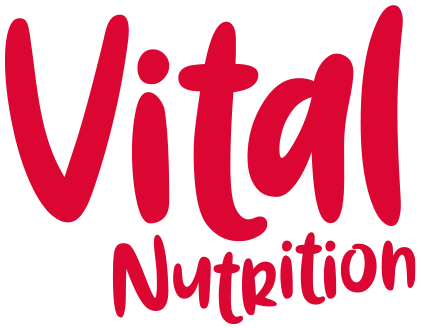How can food affect mental health?
Last Saturday morning I was up with the lark with a small group of friends as part of Darkness into Light to raise funds for local charities who support people affected by suicide and self-harm.
Organisers Pieta asked people to join them by signing up and marking the event with an activity of their choice – be that walking, running, hiking, biking or simply sharing their sunrise.
This year’s activities were carried out within Covid guidelines to help shine a light on suicide and self-harm while raising vital funds for the prevention and bereavement services provided by 17 partner charities across Northern Ireland as well as Pieta, the founding charity of Darkness Into Light.
The impact of restrictions, regulations and living through a pandemic has taken its toll and it has had an enormous impact on our mental health.
When it comes to our mental wellbeing, the food we eat has a very important part to play. When we eat better, we feel better, but you are feeling anxious or depressed, food can be the last thing on your mind.
Here are some ideas that might help you to make better choices to help support your body and your mind:
Set regular mealtimes:
When we skip meals and run on empty, we can end up feeling low, flat or anxious. If you find that your appetite is not great or that you are bingeing on sugary foods, just making a small commitment to feeding and fuelling yourself at regular intervals can be a game changer. A simple routine of eating breakfast, lunch and dinner at the same time every day is a good first step to get you into a better routine and make sure you are not skipping meals.
Think protein:
Think about getting some protein into each meal you eat to provide your body with amino acid that are the building blocks to make the neurotransmitters your brain needs to regulate your thoughts and feelings. Protein will also help to keep you feel full for longer so you are less likely to binge on foods that can deplete your energy and leave you feeling low. Protein is found in lean meat, fish, eggs, cheese, legumes (peas, beans and lentils), dairy products, nuts and seeds.
Eat some good fats:
Your brain is hungry for healthy fats to keep it working well. Essential fats are found in: oily fish, nuts (especially walnuts and almonds), olive oil, seeds (sunflower, sesame, flax and pumpkin), avocados and eggs.
Quit caffeine:
Caffeine is a stimulant, so it will give you a quick burst of energy, but it can also make you feel anxious and depressed, disturb your sleep (especially if you have it before bed), or give you withdrawal symptoms if you stop suddenly. Found in tea, coffee and energy drinks.
Eat an extra portion of fruit or vegetables:
If you struggle to get enough fruit and veg into your diet, just think about increasing by one portion. Packed with vital nutrients, adding some fresh or frozen fruit and veg into your diet can make a difference.
Plan ahead:
Before you go to the shops to stock up on food, think about what you could eat over the next three or four days that would help nourish your body and your mind. It doesn’t have to be gourmet meals, nor does it have to take a lot of time and effort, but a little bit of thought about what to put on your shopping list can have a big impact on your mental health.
Skip the alcohol:
Alcohol does our mental health no favours. Cut right back and see how you feel.
All of us can feel low, anxious or down at times, but if you feel things getting on top of you then please ask for help. Talking to friends and family about how you feel is a good place to start, but if this is difficult or challenging, then local charities like Aware or Inspire have helplines available.
Find out more about Darkness into Light at darknessintolight.ie
This blog post first appeared as my column in The Irish News on Saturday 8 May 2021.

